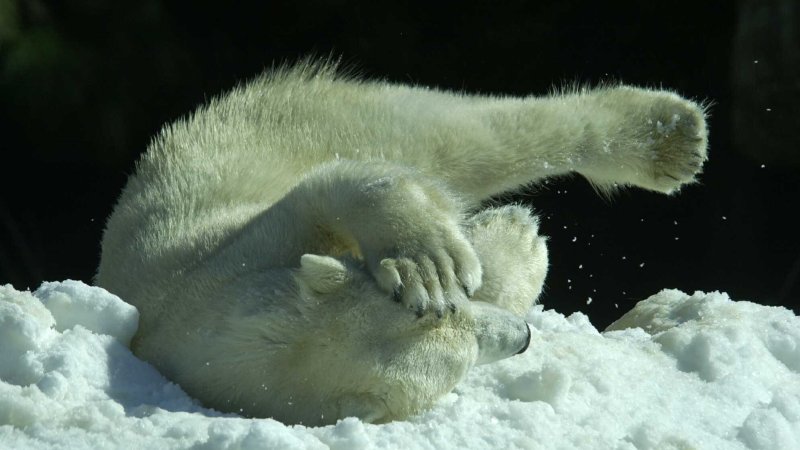UNIVERSITY PARK, Pa., July 23 (UPI) -- Polar bear evolution over millions of years has been influenced by climate change and interbreeding with brown bears, a DNA study by U.S. researchers found.
Researchers at Pennsylvania State University and the University at Buffalo, as part of an international study, found evidence in newly sequenced polar bear genomes that the size of the polar bear population fluctuated with key climatic events in the past million years, growing during periods of cooling and shrinking in warmer times.















